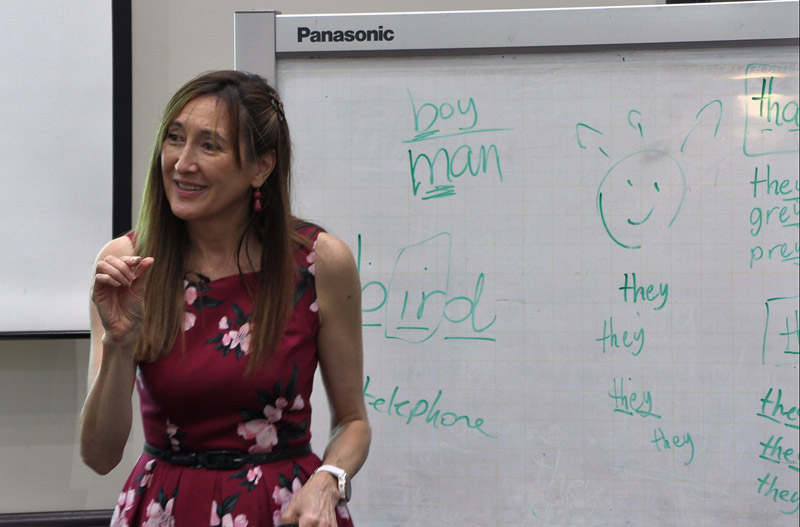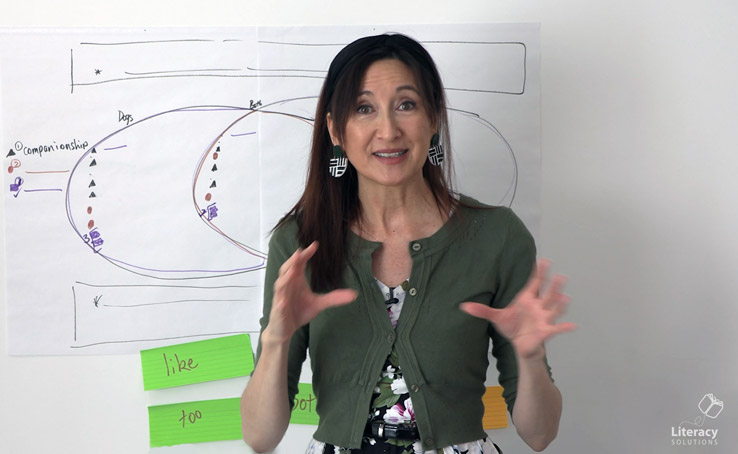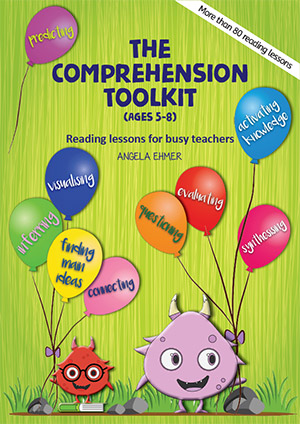I’ve read it, but I don’t get it! Comprehension fundamentals
Comprehension is built around a foundation of prior knowledge and will therefore differ for individuals. It is possible and likely for students within a single cohort to have different understandings of elements within the same text.
Factors contributing to a strong foundation of prior knowledge:
- rich language environments, i.e. those in which there is a high volume of general and focused talk around a variety of topics; active participation in genuine conversations by students
- experiences, including outings, i.e. exposure to different places to see and do different things; an awareness, understanding and appreciation of unfamiliar or uncommon concepts or ideas; active participation in conversations about experiences; awareness of and exposure to real life events, e.g. death, marriage, birth, etc.
- knowledge of people, i.e. of different age/gender/race/culture/religion in order to understand, appreciate and accept diversity of thinking and behaviour
- knowledge of texts, i.e. spoken, written and multimedia to understand form, content and function
- knowledge of books, i.e. listening to a high volume of printed texts prior to beginning school and continuing to hear and read a high volume of printed texts during school life (builds knowledge of vocabulary, text structures, people, text types and experiences which have not been encountered during actual experiences).
It is important for students to understand that (their own) knowledge and understandings change with every text read or viewed, and that each text extends existing knowledge.
Implications for educators
To teach rigorously for comprehension, it is important to know the learner and the text, in order to identify:
- What challenges to comprehension are present in this text?
- What prior knowledge exists?
- What is the nature of the prior knowledge?
- How to effectively build knowledge prior to reading?
- How to scaffold students to assimilate new learning with existing knowledge?
- Thinking required before reading?
- Thinking required during reading?
- What or how to think about this after reading?
- How can conversations be focused in order to develop or extend understandings about the text or elements within the text?
- Ways to think about elements within the text in order to understand them better?
Teaching for deeper comprehension is fundamental to developing readers who can not only read words but think about texts in a variety of ways. It is a core principal of reading that I cover in All you need to TEACH… Comprehension.





Like your presentations, the book is both useful and motivating. I have been pleased to use some of the activities and highly recommend it to others.